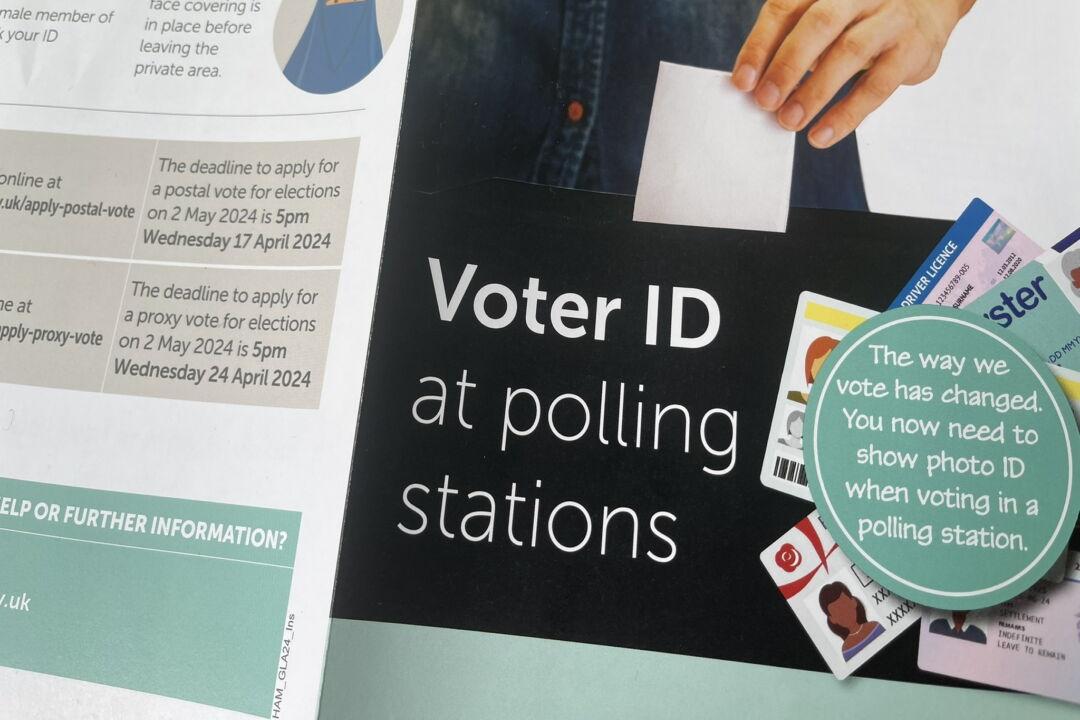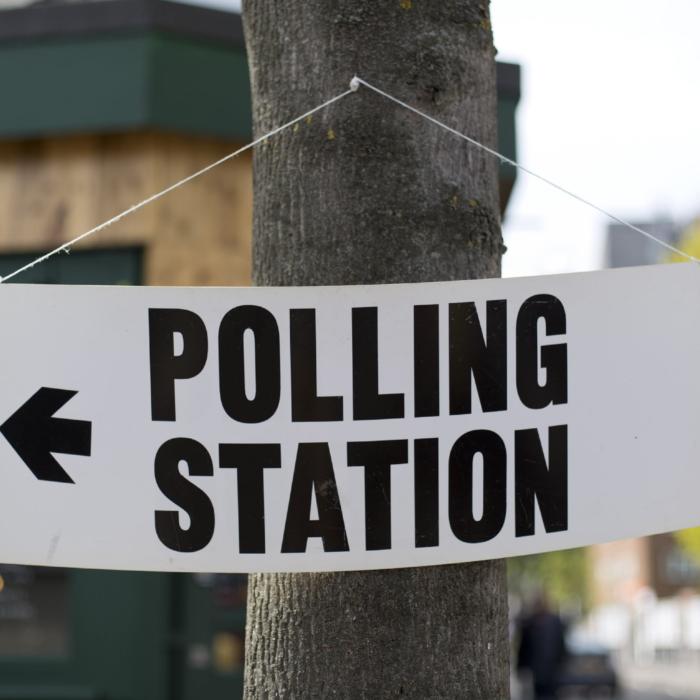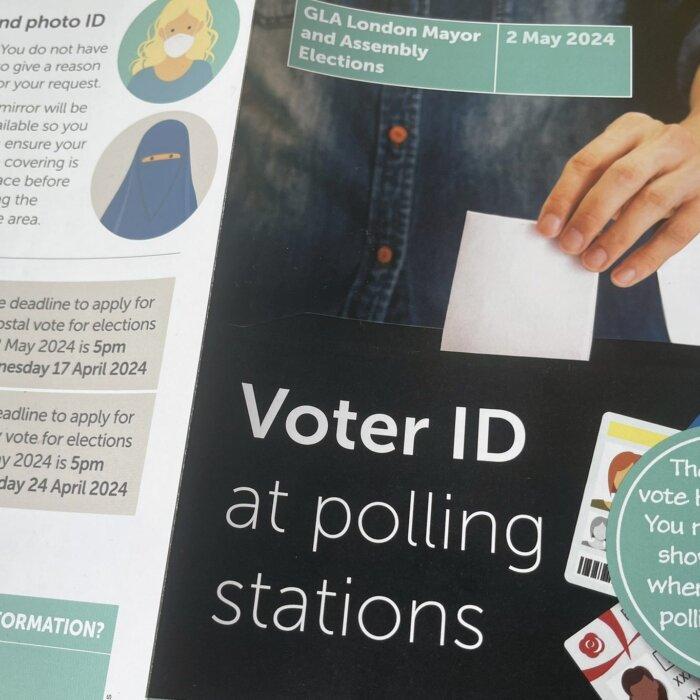Around 16,000 people across the UK were unable to vote in the July general election owing to the requirement to show ID at a polling station, the Electoral Commission has found.
Under the Elections Act 2022, voters now need to present an ID at the polling station. With the new rules in place at the time of the July 4 vote, 87 percent of people were aware of the requirement, the commission found.
However, 0.08 percent of people who showed up at polling stations weren’t able to cast their vote because they didn’t have an accepted form of ID.
“This was the first time all voters across the UK were required to show photographic ID at a general election, and the data shows almost everyone was able to do so successfully. However, our research shows that the need for ID discouraged some people from voting – and we don’t want to see any voters lose their say,” said Electoral Commission Chief Executive Vijay Rangarajan.
The commission’s analysis showed that 0.25 percent of voters were turned away, but around two-thirds returned later in the day with an accepted form of identification and were able to vote.
“Public awareness of the need for voter ID is high across the UK, but there are still groups of voters that are less likely to be aware of the need to show ID or that do not have an accepted form,” said Rangarajan.
Younger voters were less aware that they need to bring an ID to the polls. The level of awareness was at 71 percent among 18- to 24-year-olds and at least 91 percent for voters aged 45 and over. Members of ethnic minority communities were also less aware of the requirement than white voters.
Recommendations
The commission said on social media platform X that the process needs to be “easier for those who don’t already have an accepted form of photo ID to vote.”Valid IDs include passports, driving licences, blue badges, biometric residence permits, defence identity cards, and national identity cards issued by the European Union, Norway, Iceland, or Liechtenstein.
Among its recommendations, the watchdog said that the government needs to review the list of accepted ID and consider adding documents, such as the Jobcentre Plus Travel Discount Card and the 18+ Student Oyster photocard.
While forms of ID used by older voters, such as the 60+ Oyster photocard, have been approved, the 18+ Oyster card, usually used by a younger pool of voters, has been excluded over security concerns.
“Everyone eligible should have the opportunity to vote, which is why we are recommending changes that will support those who do not currently have ID and improve the accessibility of elections, while maintaining the security of the process,” said Rangarajan.
The commission’s report also reviewed that awareness and the take-up of the Voter Authority Certificate (VAC).
Voters who don’t have one of the accepted forms of ID can apply for a free voter ID or the VAC. Only 58 percent of people knew this, and just over 210,000 applications for the certificate had been submitted.
“This is significantly less than the estimated 750,000 registered electors who our research suggests do not have an accepted form of ID. Only around 26,000 certificates were used as a form of ID on 4 July. It is not clear why a significant number of people applied for a certificate but did not use it on polling day,” the commission said.
The government should consider moving the VAC application deadline closer to the polling day, as well as digitising the process of issuing the certificates, the watchdog recommended.







